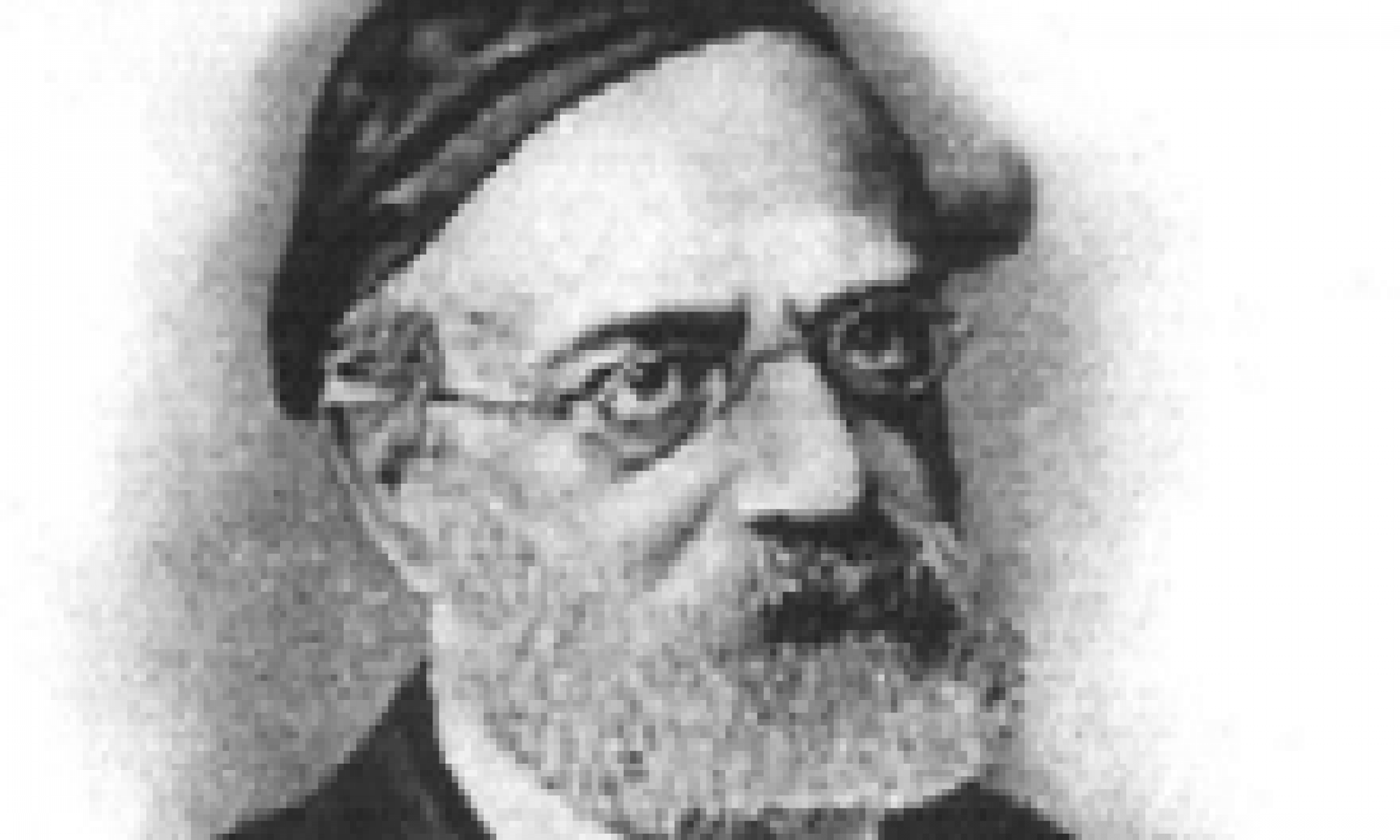וַיֹּאמֶר אֱלֹקים יְהִי מְאֹרֹת בִּרְקִיעַ הַשָּׁמַיִם לְהַבְדִּיל בֵּין הַיּוֹם וּבֵין הַלָּיְלָה וְהָיוּ לְאֹתֹת וּלְמוֹעֲדִים וּלְיָמִים וְשָׁנִים…וַיַּעַשׂ אֱלֹקים אֶת שְׁנֵי הַמְּאֹרֹת הַגְּדֹלִים אֶת הַמָּאוֹר הַגָּדֹל לְמֶמְשֶׁלֶת הַיּוֹם וְאֶת הַמָּאוֹר הַקָּטֹן לְמֶמְשֶׁלֶת הַלַּיְלָה וְאֵת הַכּוֹכָבִים.
God said: Let there be a system of light-bearers in the vault of the sky to separate day from night, and they shall serve also as signs and for festive seasons, and for cycles of days and years… And so it was God Who made the two great light-bearers, the great light-bearer to rule over the day, and the small light-bearer to rule over the night, and the stars.
The sun produces an abundance of light. Its domain is the day. It controls the cycle of seasons on earth. It enables plants to grow and wakes up man to lively activity. It is so strong that it blinds the eye that looks directly at it. But the sun has its limitations. It only rules by day.
The moon’s light is softer. Its light is gentler, offering some light to those who travel at night. Its light increases and decreases in cycles. Even though night is its main domain, it is still visible in the day. It remains visible, modestly and quietly, as if it were a silent companion to the sun. And yet, as soon as the sun sets, it rises on the horizon.
Not only do the sun and the moon provide a way to calculate time, they are also intended to be encounters with God – מועדים and symbols – אותות, teaching man the truths of life.
The sun’s radiating power and effectiveness is very strong. From the light of the sun blossoms forth all physical development. But it retreats completely when the rule of the moon begins.
The moon is rarely very bright. It is constantly changing and is always struggling for light. It fulfill its mission with modesty and mildness and remains in the background until the sun sets. Then it gently lights the nights.
Man as an individual can strive for two kinds of greatness. 1) He can aim for material wealth, power and authority. Just as the sun sets, these attributes, more often than not, tend to dissipate in the course of a lifetime. 2) He can aspire to spiritual-moral greatness. Like the moon, this is seldom fully achieved and can easily be lost again. Its fulfillment isn’t in the final goal but in the eternal striving towards self-perfection. Such a person is aware of his imperfections as he strives to improve. Before him is the challenge of the material world, inviting him to seek power and glory. At the end, the spiritual-moral quality will outlast and survive the physical limitations of the human. (GS – eventually even the mighty, rich and famous die.)
Similarly a nation can strive for two kinds of greatness. 1) It can conquer and build empires, becoming mighty and famous. But when that kingdom is overthrown it becomes just a part of history. 2) Alternatively, a nation can aspire to live by truth and a way of life that ennobles man. It will not strive for fame and glory. Others won’t tremble in fear of its attacks. Other nations may mock this nation. It seems so weak and irrelevant. This nation’s material success will increase or decrease relative to how it is reaching its goal of being a moral-spiritual nation. While it may often be in decline, this nation never disappears. Others will come to know of it as the eternal people.
See Talmud Chulin 60b where the moon is comforted by God for the role it will play in history. The mitzvah of sanctifying the new moon is how the moon teaches the Jewish people to continue to strive for spirituality-morality in the face of a materialistic world. Ultimately, spirituality-morality will prevail and materialism will be uplifted for the purpose of spirituality.
Esav lives by the sword. His descendants count their years by the light of the sun. Yaakov’s power is in prayer and study of Torah. His descendants count their years by the light of the moon. They go about their work by day and by night. They often aren’t noticed. The rest of the world is seeking power and glory. However, Yaakov’s spirit is ever there, enlightening this world and the world to come. The sun shines but eventually sets. The moon slowly grows in power. The Jewish people count by the light of the moon. At times they need to recalculate, to catch up with the timing of the sun, completing its yearly cycle.
In the course of history, when Esav’s light diminishes and fades, Yaakov’s light fills the earth.

